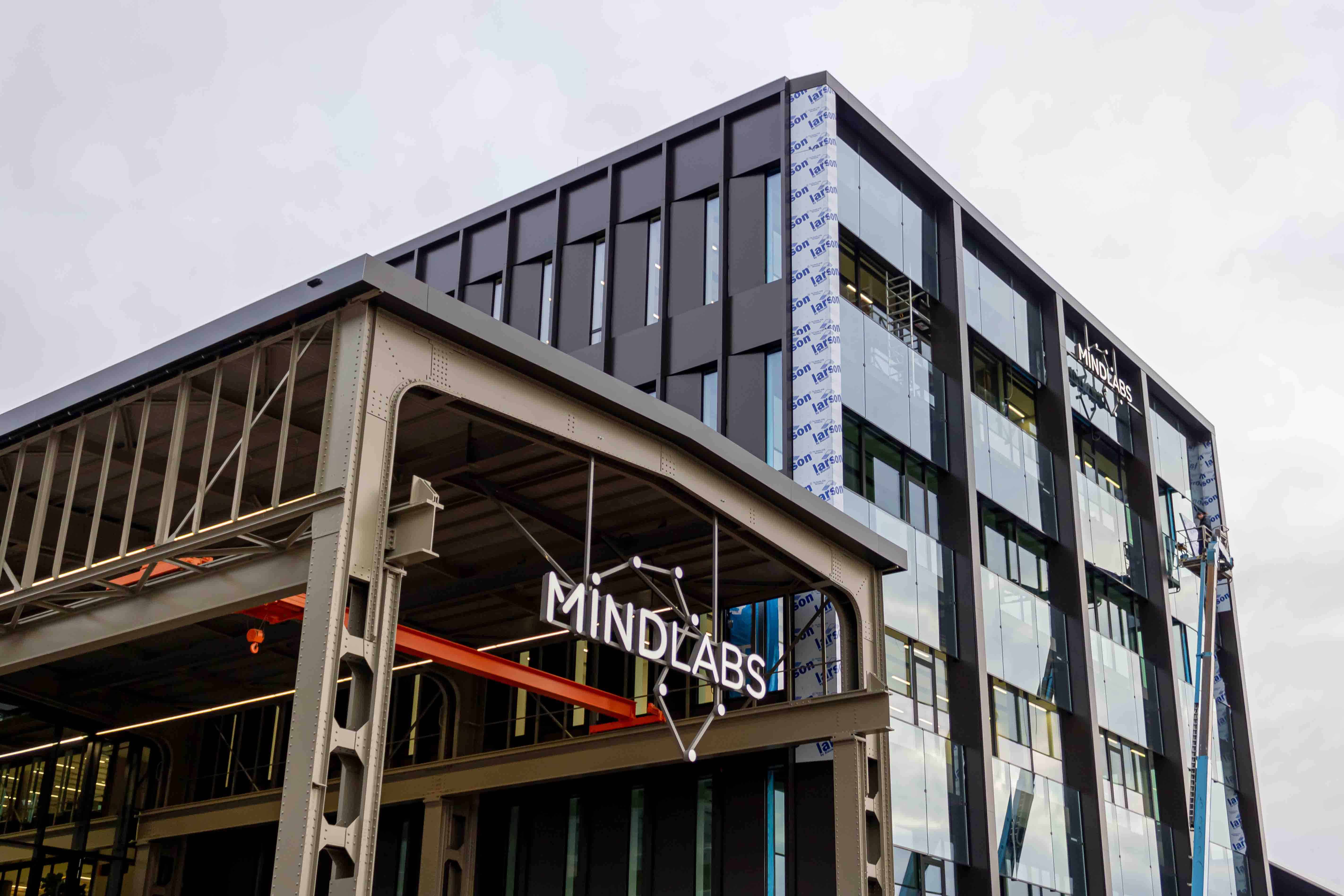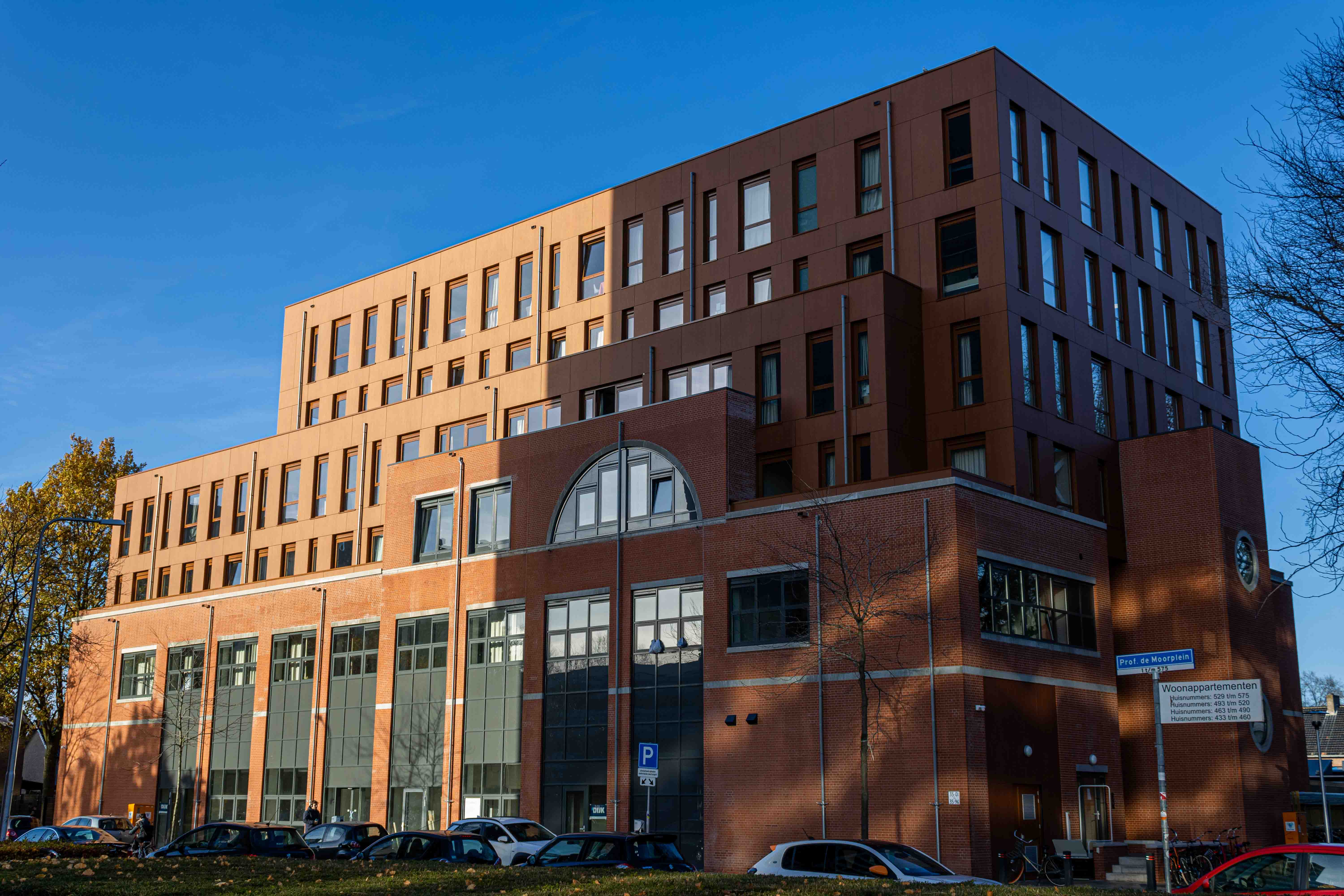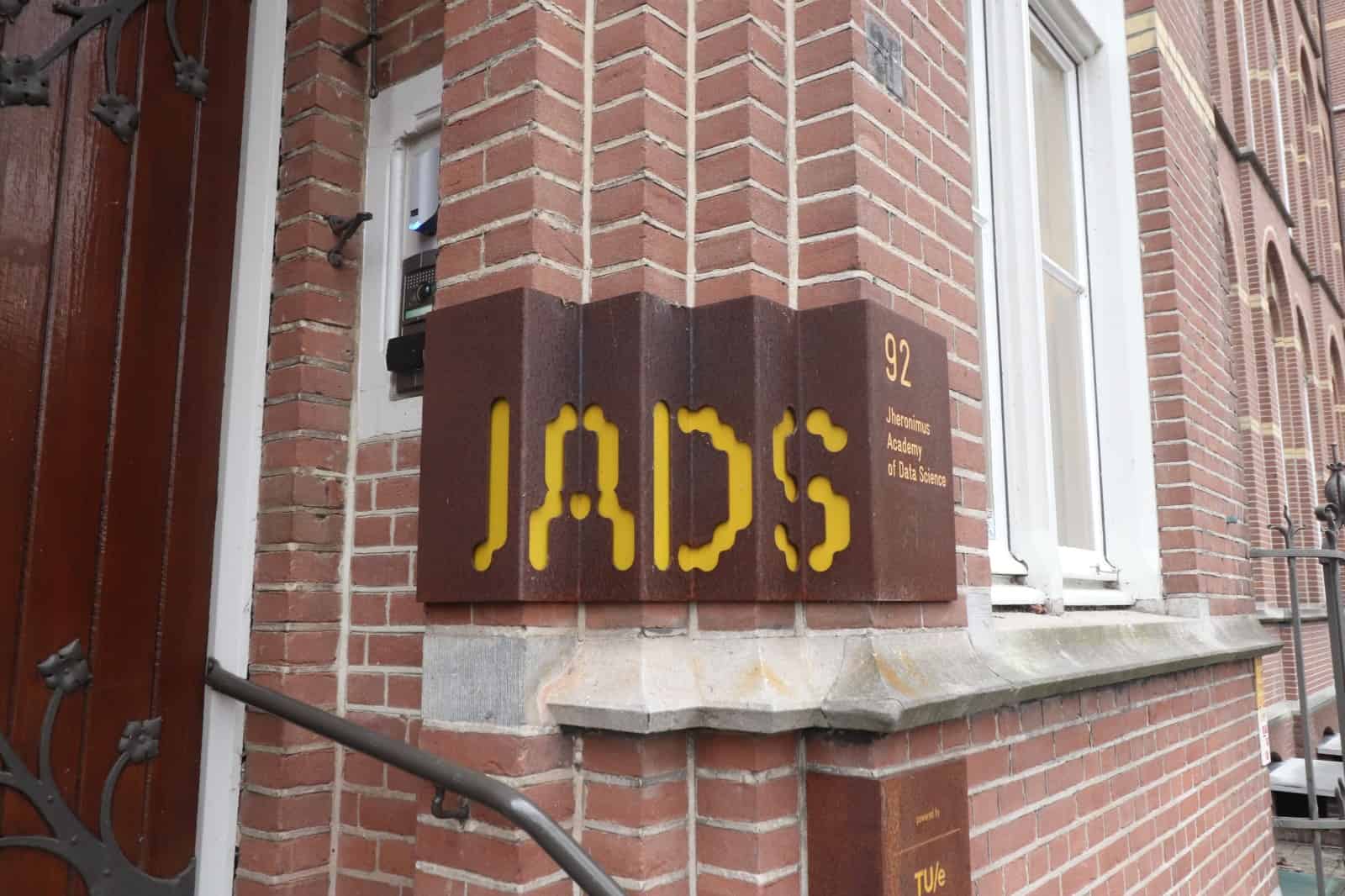
If the Corona crisis makes something clear to us, it is that the solutions of the past no longer work for today’s problems. But to achieve those new solutions and create real innovations that benefit society, something has to change in the way we look at the world. Curiosity, the basis for everything we do at Innovation Origins, is crucial, as the research by Danae Bodewes also shows. In a series of interviews, she talks to curious types who each in their own way provide the building blocks for a curious life. Here is the complete series so far. (NB: this interview predates the corona pandemic)
Curious types: Hans Teijgeler (49): IT manager, software developer, project manager, business analyst, entrepreneur, aircraft and car designer and builder
Hans Teijgeler has been fascinated by mechanics from an early age. He created, between his 12th and 15th, mopeds, sails, surfboards, and snowboards. Later they became airplanes and his own car, the Minotto. Hans seems to be living a boy’s dream and has plans for his next adventure. How can he do this and how does he live out his curiosity?

On Hans’ LinkedIn page you can read: Building sports cars that bring raw, pure, unfiltered fun back to driving. I still miss the words beautiful and uncompromising. Curious? Then take a look at this video by car journalist Werner Budding about Minotto.
What does curiosity mean to you personally?
In practice, my curiosity turns out as follows: I am sitting in the car or on the couch. I think of something. What’s this all about? I think further and further. I consult Wikipedia and YouTube.
In the evening I am often still on YouTube. Not to watch something entertaining, but everything that arouses my interest. I was also a Discovery Channel fan for years. Something arouses my interest. I start digging deeper. Some things get stuck. When I come back to that over and over again, an idea begins to form. And then fuck it. Then I’m just gonna do it.
I started reading all the books in the library when I was five years old. Things aren’t just the way they are. They are for a reason. I want to know why they are. This can be exhausting. I can be annoyed by people who don’t understand why things work the way they do and get in my way.
Do you feel hindered by your curiosity?
This is who I am in essence. I can’t sit apathetically staring at the sofa without it starting to bubble inside. I do notice that there is a limit to the number of projects I can run. I always have one project too many. That’s parked there. There’s a Ferrari waiting to be restored. But I don’t get around to that. I pick up new projects, putting others at risk again.
I don’t like making it myself. I find the process especially interesting. If I had 30 million in the bank, I would gladly leave the making to others. I would like to be busy with the big picture, coming up with an idea and refining it until it’s finished. The real making is an irritating side issue. It takes time and takes time away from creativity and other projects.
The real making is an irritating side effect. It takes time and takes time away from creativity and other projects.
Hans Teijgeler
I’m already thinking about the next idea. An airplane, it will be the flying version of Minotto. I see the ’30s as the heyday of aviation. They made cool planes that were still manageable. Just like the Minotto. In the ’50s, racing cars were still doable. You could still drive them on the highway. The current formula one cars, you can’t do anything with them. They’re too complex and you can’t drive them on the highway. I come back to the technique and style of art deco, the roaring twenties, supplemented with new techniques. In my case with an engine that’s way too big.

I prefer to think about how things can become better: something that makes it different from the standard. It doesn’t have to be one of the many: the middle of the road. I want to make it better than it was. It may be an arrogant idea that you can do better. But when you’ve done it a number of times, you want more and more. Developing something new requires compromises, but with me the weightings and criteria are different. I want to change it into how I want to have it.
You don’t like the making process but you are a maker, how do you motivate yourself to do it?
Only an idea is only an idea. I want to test the idea and make it tangible. As a child, I was always trying to make something. Something that was manageable. I played with lego for a long time so I could give shape to my ideas. I made mopeds and surfboards. When I was fourteen I started making sails and around fifteen I made snowboards.
How do you determine what is doable?
I don’t know. It’s partly about the size. I always thought an apartment building or a bridge was too big. A car or a plane, you can still walk around it.
It’s all about the technical challenge. I don’t find social challenges interesting and often frustrating. I’ve worked in companies for between 20 and 25 years. The bigger the company, the more irritating. Everyone has their own agenda and stops each other from progressing. My thought then is: just think! Who is your client, what does your client want? It’s like a tub of mud you have to wade through to get where you want to be. In the meantime, five knives are stabbed in your back. I can manage this, but I can’t get any energy out of it. There’s no curiosity or challenge in it for me.
That doesn’t mean I’m a nutty professor who locks himself up. I like socializing with friends. I studied physics, but I’m not theoretically oriented. I want something tangible and manageable. Preferably something mechanical. Something that’s there and works.
How does curiosity make you feel?
I tend to grab the phone or laptop for more information. You hear something and you think what’s going on? It can also be tiring when I can’t let go. I get stuck, for example in creating Minotto. It gets worse exponentially. I have to keep an eye on myself so that I don’t pass myself by. That is difficult because the manufacturability of something depends on the amount of energy you put into it.
Especially then, curiosity is the distraction that energizes me. Like the idea for a new plane. I don’t know if the plane will ever get to fly. I think it will. The idea of the new airplane makes me dive into books for hobby and relaxation, I make designs and do calculations. That’s real relaxation.
How can anyone see that you’re curious?
When I grab my phone or laptop to look something up. I’ll be social enough to tell you what I’m going to do. I look up, I ask questions and keep asking, especially when someone knows more about it than I do myself.
Sometimes someone gives me an idea, then a spark is created, I get inspired, I often find this out in my own time.
This spark and interest seem difficult for others to recognize.
Yes, there won’t be a red light on my head. I’ll be quiet for a while, maybe 10 seconds. I turn my gaze away from the person for a moment and focus on a point on the wall to order my thoughts. I should test exactly how this works. I’ve never thought or paid attention to this before.
You can’t do everything yourself, so you have to work together. Where do you select people and how do you recognise curiosity in others?
A person should have good technical knowledge and skills and there should be a click.
How do you notice if there is a click and curiosity about your innovative ideas?
I can tell by the enthusiasm for my ideas. If someone reacts stoically, I know it probably won’t work. Luckily, I often know how to get people excited.
How do you do this?
By my passion. When I have dived so far into a subject, I am so passionate that I know how to bring it to the stage. My ideas are just a bit more extreme than usual. That triggers them to think: finally someone who really wants to do it. Enthusiasm makes you curious!
What’s the most curious thing you’ve done?

My plane, the Yodel. I built it with a car engine. There’s so much involved, so much more than you’d think. It’s got a lot of energy and curiosity in it. Someone said to me: there aren’t many people who really know what it’s like and you’re one of them. But this is an obscure corner of airplane technology that doesn’t help many people.
The Minotto is especially beautiful. Technologically it is quite conventional. Few people are crazy enough to make something so uncompromising, for such a small market. The exercise was mainly to make something beautiful. The most curious thing I’ve done is usually what I’m working on at that moment.
Did you become more or less curious during your life?
More. Or I’ve become more aware of it. I allow myself to do it now. Until my 32nd I led the life that was expected of me. As it was laid out for me. Later I started thinking about questions like: who am I really? What do I want for myself? Where do I want to develop myself to? After that, I started to make more conscious choices. I allow my curiosity more and am more aware that I am like this.
It seems that as a youngster you were freer and did your own thing. After that period, you walked more in line and then became freer again. How come you’ve changed?
This is partly due to my upbringing. Expectations were set. If you get stuck in that pattern, you walk along a dotted line. I added my hobbies in the margins without being aware that that was the essence of who I am.
I’m giving myself more space to do it now. After I haven’t done it for a long time. My ‘fear scenario’ now is to leave my abilities unused. Not using my own potential. I don’t know if it’s because of my upbringing in which I was pushed or if it’s because of myself.
I had nothing to do for the first time. I didn’t know what was happening to me. I grabbed my laptop and went to look things up. I wanted to make myself useful.
How do you limit your curiosity without beating it to death?
By running two projects and getting energy out of one when it’s more difficult with the other. It is important to be able to press the pause button. For example by packing my suitcase and going to Italy for a weekend and doing nothing at all. Well, nothing, that’s doesn’t mean I will be lying on a beach chair, but scurrying through Florence and being alone in the here and now. There’s so much beauty around you, it’s a beautiful city. That, in combination with the sun and cappuccino, makes sure that all technological things are not so important.
How do you do that on a normal weekday?
By drinking a cup of coffee, preferably outside, being outside works better for me.
What social challenge do you see? And how can you contribute to this with your curiosity?
The Co2 issue – which is actually an energy issue. I find it very special how this is dealt with politically. They all seem to mimic each other without any real thought. Electricity is not a source of energy. It is a means by which you can transport energy. A battery is a container for electricity, that’s not a solution. The way we do it now will only make it worse. The available wind and solar energy account for less than 2% of the total energy requirement. How many km2 of wind and solar energy is needed to meet the entire energy requirement? It doesn’t add up.
There are solutions. We have the technology. That’s nuclear energy. There used to be Thorium reactors. But we’re afraid of the word nuclear energy.
Nuclear fusion is a source of energy without radioactive radiation, we just can’t do this in the here and now. You can generate energy with nuclear fusion. Two hydrogen atoms fuse together to form a helium atom, and a lot of energy is released. So the waste product is helium. And that’s not toxic, not radioactive. That’s an inexhaustible source, and of course, it’s what happens on the sun.
Scientists working on this are being pushed aside. I find that shocking. That’s the biggest problem. How we deal with this problem. We think we can solve it with a good feeling, but they make it worse. It’s like a religion, you can’t criticise.
What can you contribute to this with your curiosity?
I’m afraid it’s unstoppable. Nuclear fusion will come, but 30 years later than it could. If we haven’t gone bankrupt by then. I’m just too small a fish to have an influence. I can only whisper something to others. Make them curious.
I can think critically. I often get the feedback that I don’t judge immediately: You check if something is right, you ask questions, you are open to the answers, you don’t peg yourself on a point of view, you gather even more information, evaluate, ask questions again and then formulate an opinion. That’s my added value.
What dampens your curiosity?
Nothing. Nothing external can stop my curiosity. It is possible that I have formed my image and found other paths that are more interesting.
What are you always interested in?
In things that move. It’s always interesting how things can get smarter and better.
Harder, faster, better, stronger
When I wrote this interview, the song Harder, faster, better, stronger by Daft Punk came to mind. Hans doesn’t shy away from difficult things and seems to be going faster and faster himself. He likes to make strong and fast cars and airplanes that are better than the existing ones. Strong concepts that distinguish themselves from the standard.
Meanwhile, he learns more and more about himself and seems to become a stronger version of himself. This also means that he sometimes has to slow down, because his thoughts and ideas go faster than he can realize them in practice. He continues to see the opportunities and uses his curiosity to take advantage of these opportunities even when this means he sometimes has to bite through and do things that are less close to his heart. In the end, the result is there: it works, you can touch it and walk around it.
What makes you a better version of yourself?
I’d love to hear it from you. React in the comments below or mail me: [email protected]







